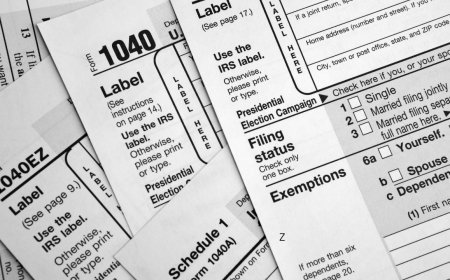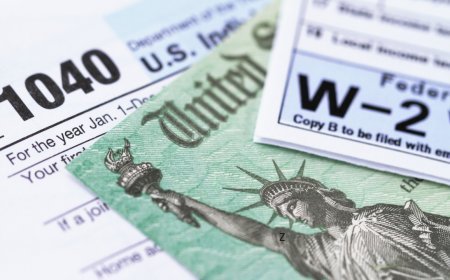The Best Age To Buy Life Insurance

Life insurance is a crucial component of financial planning, providing peace of mind and protection for your loved ones in the event of your passing. But when is the right time to buy it? The answer isn't one-size-fits-all, as it depends on your age, health, financial situation, and life stage. However, experts generally agree that starting earlier often yields significant advantages, particularly in terms of affordability and accessibility.
Why Age Matters in Life Insurance
Age plays a pivotal role in life insurance because premiums are largely determined by risk factors, with younger individuals typically seen as lower risk. Insurance companies assess your health, lifestyle, and age to set rates— the younger and healthier you are, the lower your premiums will be. Buying a policy early allows you to lock in these lower rates for the duration of the term, potentially saving thousands over time. For instance, waiting until later in life could result in higher costs due to increased health risks or pre-existing conditions that might even lead to denial of coverage.
Additionally, life insurance isn't just about age; it's about need. If you have dependents, such as a spouse, children, or aging parents, or if you carry significant debt like a mortgage, getting coverage sooner ensures they're protected financially. Even if you're single and debt-free, a policy can cover end-of-life expenses or serve as an investment tool in certain types of insurance.
The Ideal Age: Your 20s and 30s
Many sources point to your 20s or 30s as the prime window for purchasing life insurance. At this stage, you're likely in good health, which qualifies you for the best rates. For example, a healthy 25-year-old might pay significantly less for a 20- or 30-year term policy compared to someone starting at 45. This age range often coincides with major life milestones like starting a career, getting married, or buying a home—events that heighten the need for protection.
Term life insurance, which provides coverage for a set period (e.g., 20-30 years), is particularly popular among younger buyers due to its affordability. Whole life or permanent policies, which last a lifetime and build cash value, can also be more cost-effective when bought young, as the premiums remain level and the policy accumulates value over decades.
Benefits of Buying Life Insurance Early
- Lower Premiums: Rates increase with age, so securing a policy in your 20s could mean paying half as much as in your 40s or beyond.
- Better Health Approval: Younger people are less likely to have chronic conditions, making it easier to qualify for preferred rates without medical exams in some cases.
- Long-Term Security: Policies bought early can cover you through peak earning years and family-raising stages, with options to convert term to permanent later if needed.
- Peace of Mind: Even if you don't have immediate dependents, it protects against unforeseen events and can be adjusted as your life changes.
Considerations for Buying Later in Life
If you're in your 40s, 50s, or older, it's not too late—there's no strict upper age limit for life insurance, and policies are available well into your 80s for certain types like final expense insurance. However, premiums will be higher, and you might face more stringent underwriting. This is a good time to buy if you've recently acquired new financial responsibilities, like a second marriage or business ownership. Seniors might opt for guaranteed issue policies, which don't require health checks but come with higher costs and lower coverage amounts.
Choosing the Right Policy
When deciding, evaluate term vs. permanent options based on your goals. Term is ideal for temporary needs, like covering a mortgage, while permanent suits legacy planning. Shop around, compare quotes, and consider consulting a financial advisor to tailor coverage to your situation.
In conclusion, while the best age to buy life insurance is often in your 20s or 30s to capitalize on low rates and good health, the key is to act when you first recognize the need—whether that's now or later. Delaying can cost more, but starting today ensures protection for tomorrow. Always assess your personal circumstances and get multiple quotes to find the best fit.
What's Your Reaction?
 Like
0
Like
0
 Dislike
0
Dislike
0
 Love
0
Love
0
 Funny
0
Funny
0
 Angry
0
Angry
0
 Sad
0
Sad
0
 Wow
0
Wow
0










































